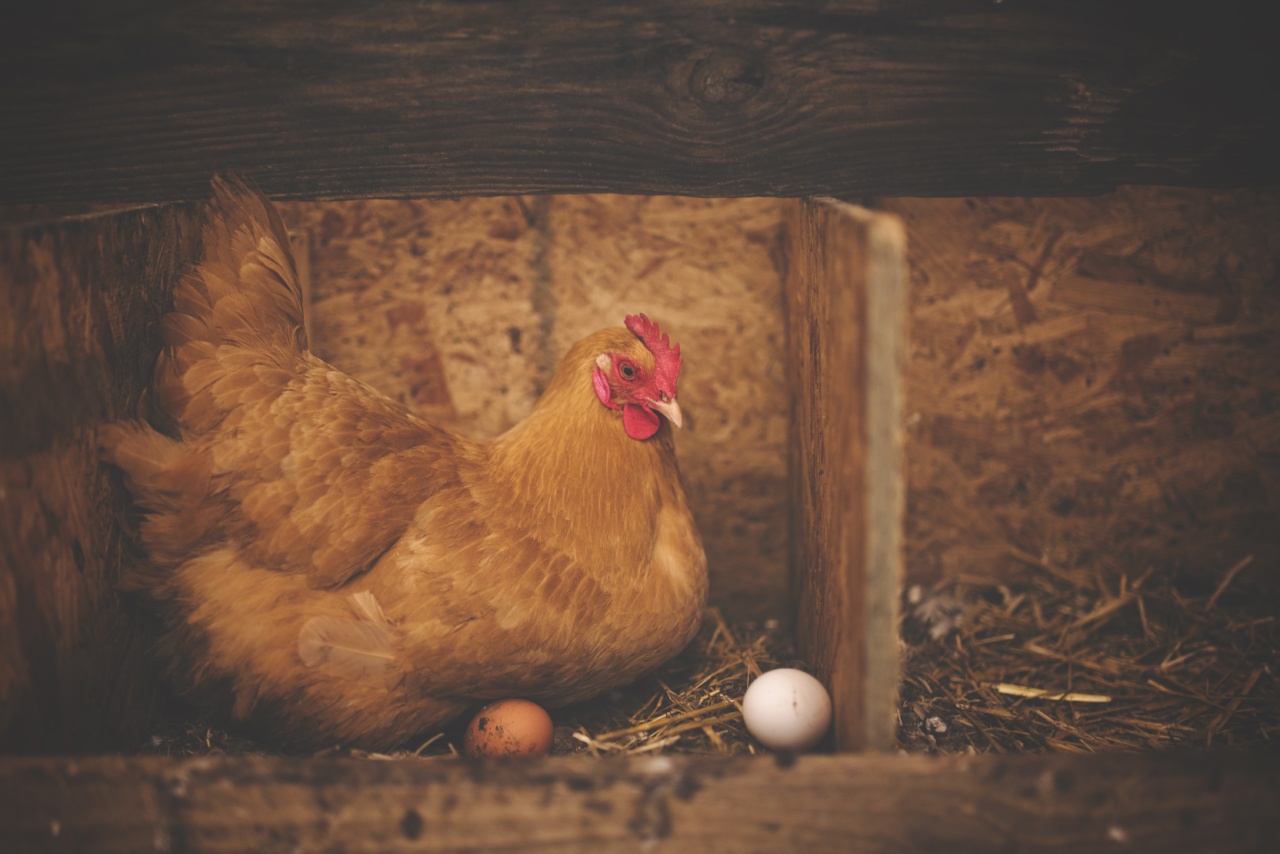Chicken is one of the most popular and affordable meats in the world, and it’s easy to see why. It’s versatile, flavorful, and can be used in a variety of dishes.
However, the way that most chickens are raised and processed is something that should concern all of us. Factory-farmed chicken has a significant environmental impact, animal welfare issues, and potential health risks for humans.
Environmental Impact
The environmental impact of factory-farmed chicken is significant and far-reaching. The majority of chicken farms in the United States are concentrated animal feeding operations (CAFOs).
These large industrial operations house tens of thousands of chickens in tight quarters, often stacked on top of each other in multi-level cages. This creates an enormous amount of waste, which is collected in pits or lagoons. This waste, which is high in nitrogen and phosphorus, can contaminate groundwater and surface water through runoff or leaks.
The environmental impact extends to air pollution, with CAFOs emitting toxic gases such as ammonia, hydrogen sulfide, and methane that cause respiratory issues for surrounding communities.
Animal Welfare
The conditions in which factory-farmed chickens are raised and processed have been widely criticized as inhumane. The birds are bred to grow at an unnatural rate, causing many to become crippled by their own weight.
They are also kept in confinement, unable to engage in natural behaviors and often subjected to cramped living conditions and mutilation such as debeaking. The processing of chickens is also a cause for concern, with many birds being slaughtered in an inhumane manner.
Health Risks
The health risks associated with factory-farmed chicken are also significant. The conditions in which the birds are raised and processed create an environment that is perfect for the growth and spread of disease.
Antibiotics are used extensively to prevent and treat infections, which can lead to antibiotic-resistant strains of bacteria. Additionally, the indiscriminate use of antibiotics in animal agriculture contributes to the overall public health crisis of antibiotic resistance.
Consumers of factory-farmed chicken are also at risk of exposure to pathogens such as Salmonella and Campylobacter, which can cause serious illness or death from foodborne illness.
What Can You Do?
As consumers, we have the power to make a difference. By choosing to buy chicken that is raised in more humane and sustainable conditions, we can send a message to the industry that we care about animal welfare and the environment.
Look for meat that is labeled as organic, free-range, or pasture-raised, which means the chicken had access to the outdoors, fresh air, and sunshine. Another option is to buy from local farmers who use sustainable and compassionate practices. By supporting these producers, we can create a food system that is better for animals, people, and the planet.
The Bottom Line
Factory-farmed chicken is a hidden threat that affects our health, the welfare of animals, and the environment. Fortunately, there are alternatives available that prioritize sustainability and animal welfare.
As consumers, we have the power to choose what we buy and from whom, and by doing so, we can create a food system that is better for everyone.






























